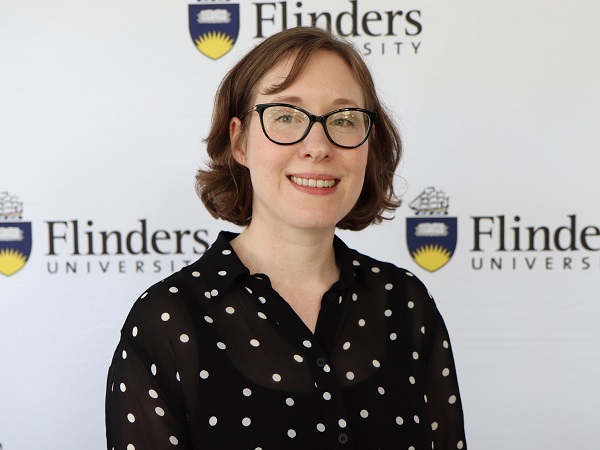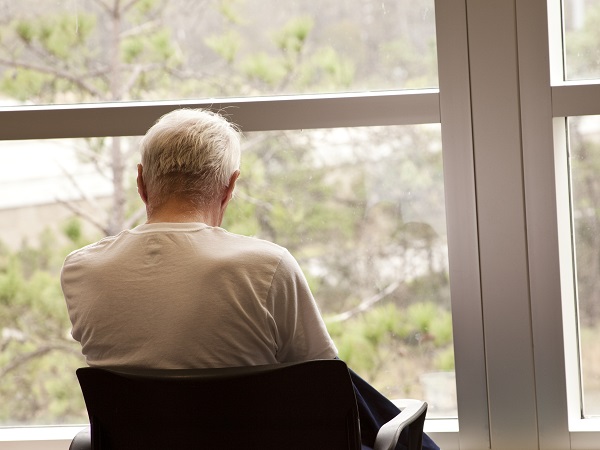
More than half of Australians living in residential aged care facilities suffer from depression, while 33% of them experience thoughts of suicide.
It’s a startling reality for our residential aged care population, one that is set to more than double by 2055. For older people in residential care settings, their symptoms are often under-detected and under-treated.
A new program called ELATE (Elders AT Ease), involving researchers from the Caring Futures Institute and Swinburne University of Technology in Victoria, is aiming to combat this.
ELATE examines the effectiveness of cognitive behaviour therapy (CBT) and reminiscence therapy in fighting the mental health struggles of older people in aged care.
Researchers from the Caring Futures Institute are currently examining the economic impact of ELATE in hope of proving its scalability and cost effectiveness.
Institute research lead and Matthew Flinders Fellow Professor Julie Ratcliffe is a Chief Investigator on ELATE which is led by Chief Investigator Professor Sunil Bhar at the Swinburne University of Technology. Dr Rachel Milte of the Caring Futures Institute is leading the economic evaluation component of the program.

“The evaluation seeks to test the economic impact of this model of service to determine its sustainability and scalability,” Dr Milte says.
“It’s likely to be highly cost-effective while also helping to build workforce capacity to detect and manage depression and anxiety in residents. We also propose that ELATE can be introduced into the current system of care.”
The treatment is delivered by mental health trainees, providing a cost-effective response to the critical shortage of mental health specialists in residential aged care facilities.
The trainees meet residents in-person and through one-on-one sessions over five months.
The counsellors and designated facility staff also meet to tailor interventions to suit the resident’s needs, preferences and capacity. Treatment plans are then developed and implemented.
Family caregivers are also invited to collaborate in the treatment, providing them with a role in supporting the resident and to receive support themselves from the program.
Prof Bhar has already piloted the delivery of ELATE and found benefits for not only aged care residents themselves but their families, carers and staff.

The program evolved over a seven-year partnership with residential aged care services in Victoria and found that depression and anxiety systems dropped, and suicidal thoughts became significantly less severe.
The ELATE program involves counselling of aged care residents using interventions such as CBT – a common type of talk therapy – and reminiscence techniques, a type of therapy that brings feelings of joy through reviewing past events.
Research has found that interventions such as CBT, engaging in pleasant activities and reminiscing about the past is just as effective as taking medication.
But despite their effectiveness, ELATE researchers say they’re rarely used in residential aged care settings.
Dr Milte says the ELATE program provides the opportunity to stem the growing numbers of older Australians in residential care settings with depression, anxiety and suicidal thoughts at a very low cost.
“Importantly, the economic evaluation will determine whether the costs of providing the program are ‘value for money’ for the Australian health system, through reductions in use of expensive hospital or emergency department admissions.
“The program also provides a critical opportunity to improve the quality of life of older Australians living in residential care settings, a group who need support now more than ever.”

